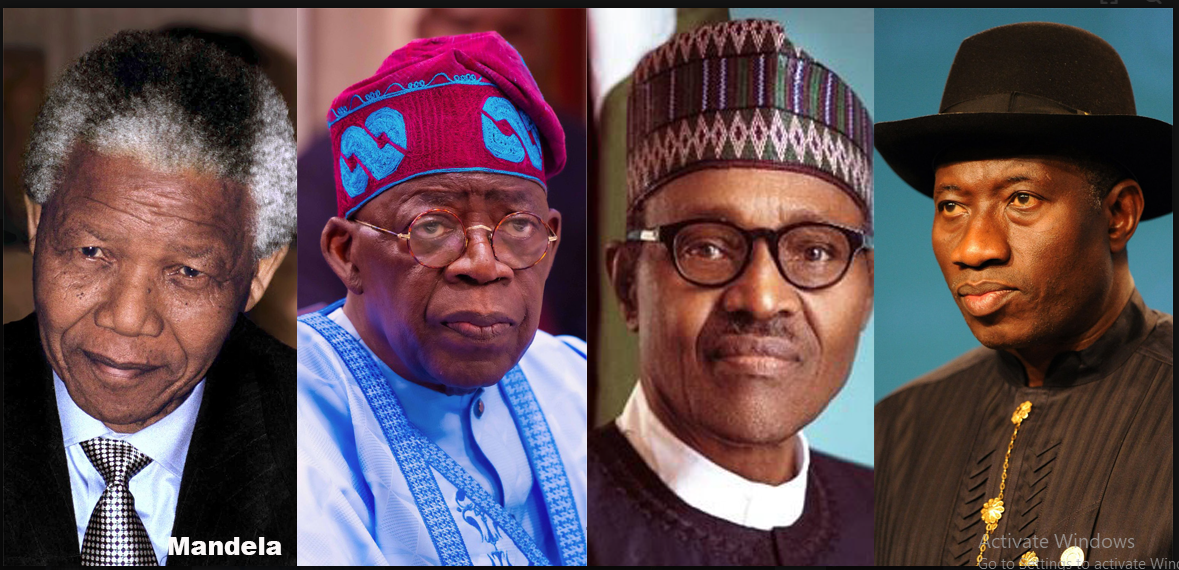When I arrived in the United States in the fall of 2021 to begin postgraduate studies, I found myself suddenly confronted with questions of Black identity in ways I had never experienced during my over 30 years in Africa. What does it mean to be Black? What does it mean to belong? As someone who had always lived as part of the global majority, these questions were disorienting—and deeply revealing.
Then I encountered James Baldwin’s haunting words from 1961: “To be a Negro in this country and to be relatively conscious is to be in a state of rage, almost all of the time.” Reading that, I felt unmasked. In that moment, I also gained a deeper appreciation of Nelson Mandela’s long walk to freedom. Apart from the leadership of Jesus Christ, no figure has shaped my view of ethical leadership and moral courage more than Mandela.
Mandela once said, “No one is born hating another person because of the colour of his skin… People must learn to hate, and if they can learn to hate, they can be taught to love.” His life teaches us that justice is not an event—it’s a lifelong commitment, often requiring painful sacrifice.
The closest I came to Mandela was walking through his old home—now the Nelson Mandela National Museum, or Mandela House—on Vilakazi Street, Soweto. The guide’s words still echo in my memory: “Welcome to Mandela House.” That simple brick home, shared with his family until 1962, stands not just as a tourist stop, but as a sacred space—a testament to resilience, purpose, and unyielding hope.
In one of the museum’s displays, I read Mandela’s reflection on losing his eldest son, Thembekile, in a 1969 car crash while he was imprisoned. “Thembi’s death was a blow I could not overcome, but I refused to let it break me,” he said. Though allowed to attend the funeral on the condition he renounce his political struggle, Mandela declined. In African tradition, burying one’s child is sacred. But he placed principle over pain. That is not just leadership; it is legacy.
Today, July 18, the world honours Mandela Day—not just to remember his triumphs, but to reflect on what it takes to lead with integrity. And I cannot help but wonder: what would Mandela say to the leaders of today’s Nigeria?
Perhaps he would say: “You were not given power to celebrate it. You were entrusted with it to serve.”
We live in a country where more money is spent refurbishing government offices than was needed to build them. Where stadium lights are switched on with pomp, while our children prepare for exams by candlelight. Where naming and renaming public buildings has become a full-time job, yet basic governance is neglected.
How do we celebrate Mandela in a nation where workers in the Federal Capital Territory have been on strike since February, while the President travels abroad to offer scholarships to students in St. Lucia?
Mandela would remind us: “The way we treat our children reveals the soul of the nation.” In Nigeria today, farmers are jailed for self-defense, while those who failed to protect them enjoy immunity. We cannot speak of justice when public service is performance and private wealth is built on public ruin.
Mandela knew that humility is not weakness—it is wisdom. He understood that forgiveness without accountability is dangerous, and that peace without justice is merely a pause in violence.
To Nigerian leaders, the question must be asked: When history writes your name, what will it say? What pain did you relieve? What injustice did you confront—or ignore?
Mandela spent 27 years in prison. He emerged not with revenge, but with vision. He saw the presidency not as a prize, but as a platform. He did not enrich himself—he enriched a broken nation with hope. He didn’t rename the country after himself—he gave the people their name back.
And in Nigeria, we still make excuses. “It’s too hard.” “The problems are too many.” “Those before us failed.” But legacies are not built on complaints—they are built on choices.
Mandela is not just a symbol; he is a mirror. One we must hold to our faces—especially as young Nigerians. Don’t wait for better leaders. Become the leader you wish you had.
And to policymakers: today’s injustice is no longer based on race, but on class—between the protected and the abandoned, the powerful and the powerless. The truest legacy we can build is one that lifts others.
So, let Mandela Day be more than hashtags and headlines. Let it be a time of reckoning—a bridge between public power and public good.
I still remember the day Mandela was buried. The world stood still. People of every race, tribe, and tongue gathered—not in protest, but in praise of a man who gave his life to justice. In that moment, all prejudice melted. Dignity stood tall.
Will Nigeria ever bury a leader like that? One whose death unites us in grief and gratitude?
Power without people is delusion. Legacy without justice is dust.
So today, as we honour Mandela, let us not just remember his words—let us mirror his courage.
“What counts in life is not the mere fact that we have lived. It is what difference we have made to the lives of others that will determine the significance of the life we lead.” — Nelson Mandela.

